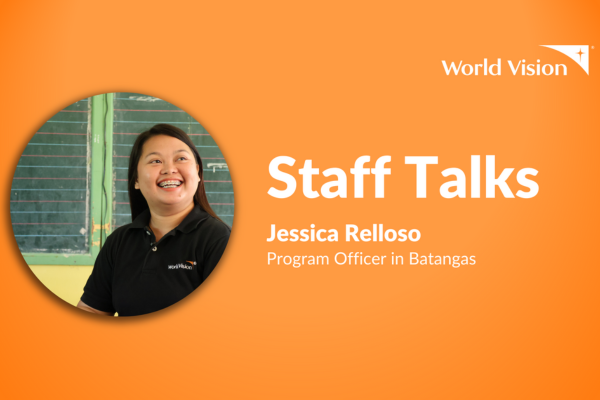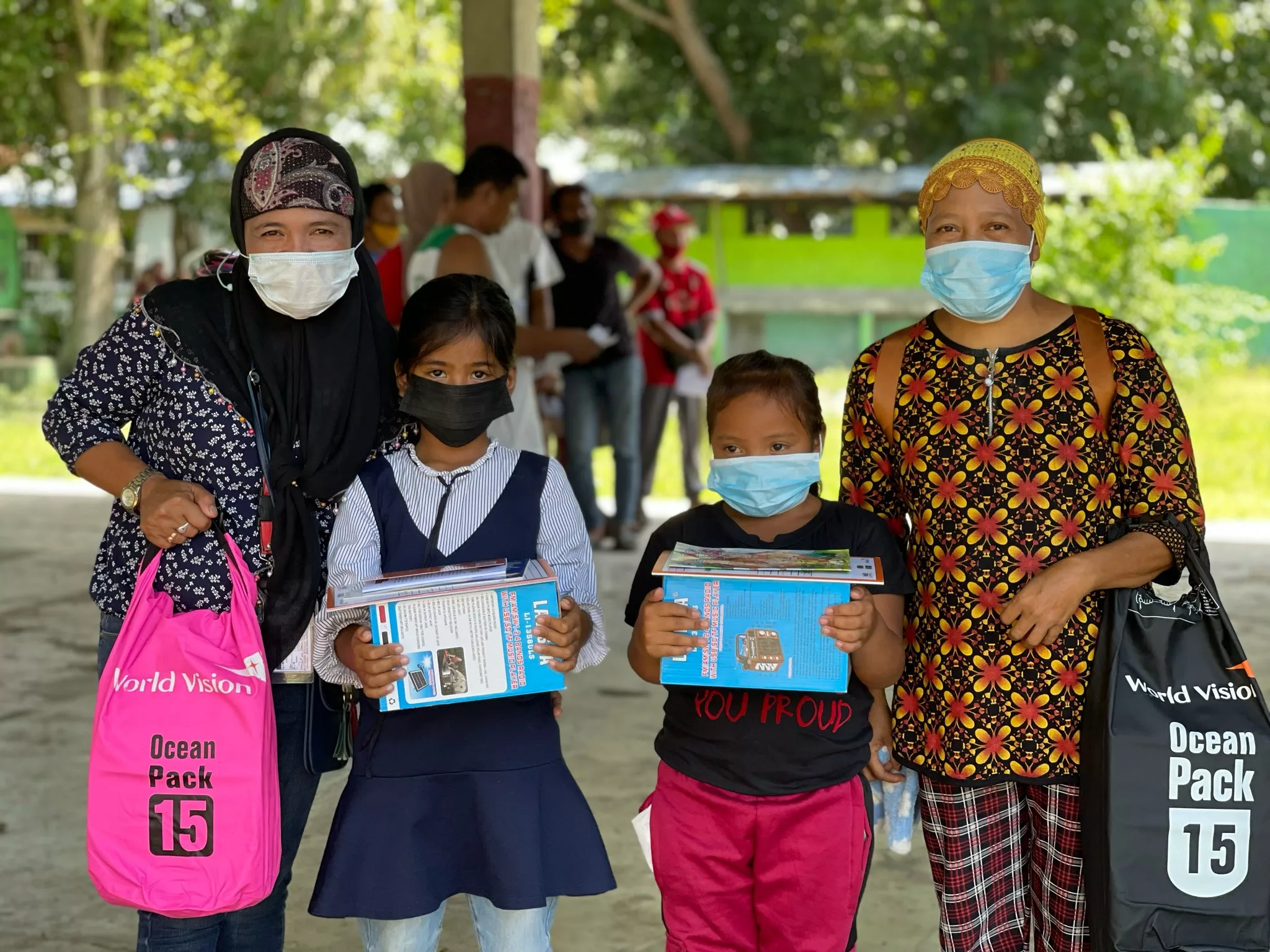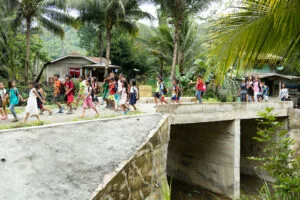Big savings for fishermen
CATANDUANES — The Pacific Ocean is the largest water on the planet, holding more than half of the Earth’s open water supply, and where typhoons are usually formed. Spanish explorer is said to have named this ocean “pacific” due to its calm behavior (pacific means calm).
But the ocean has two faces: the calm one and the violent one.
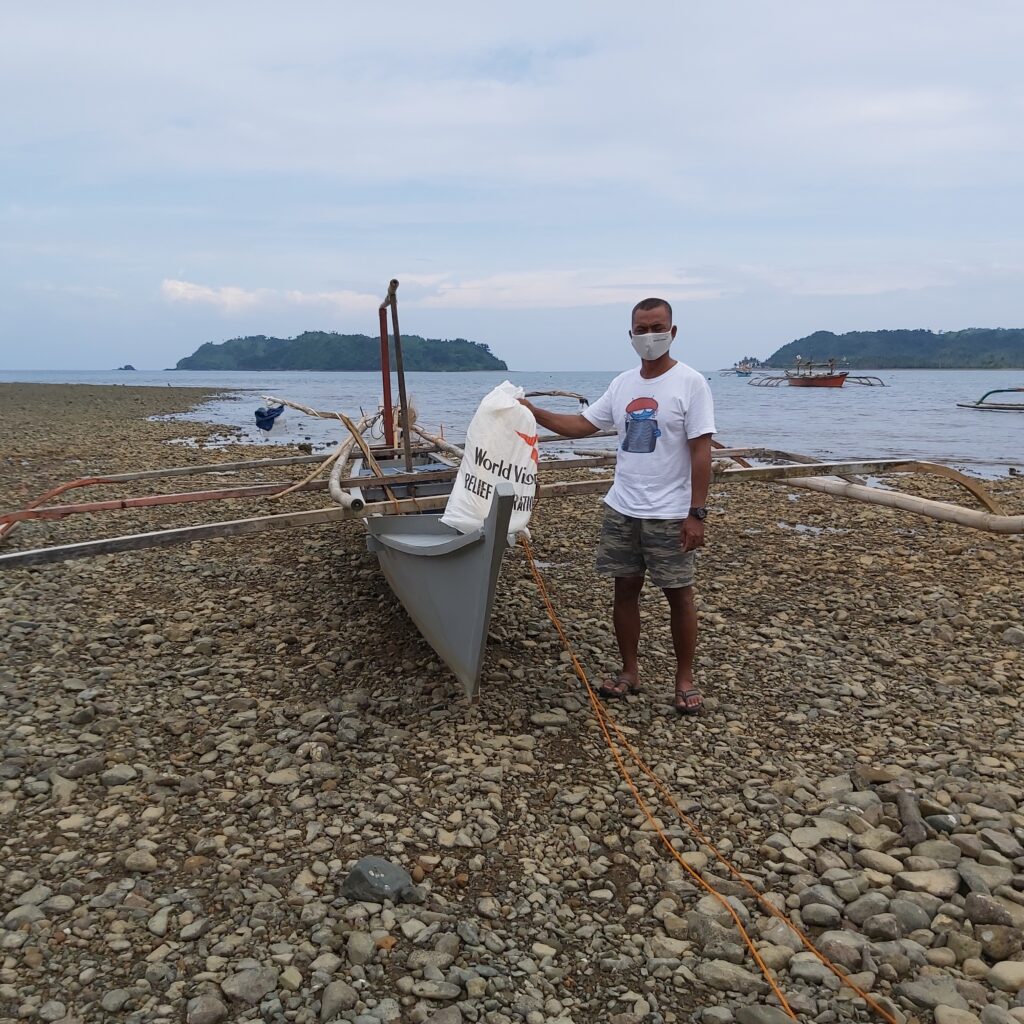
Amado, a fisherman in Catanduanes, knows the Pacific Ocean all too well. Catanduanes, which lies east of the Philippines, faces the Pacific Ocean.
On calm months, which is between January to March, the ocean is Amado’s best friend providing him his basic needs: food.
“I usually earned Php5,000 a week on these months,” he shares.
Fishing 100 kms out in the Pacific Ocean, Amado and his companions could catch marlin, yellow fin tuna, and mackerel tuna.
However, during turbulent months, usually from July to December, the Pacific Ocean takes away what it has given to Amado. “Our boats, houses will be destroyed. Even our fishing gears will be lost or ruined due to strong winds,” he says.
The Philippines receives 20 typhoons each year, five are potentially destructive. Last November 2020, Super Typhoon Rolly with a maximum wind of 220kph slammed Amado’s hometown.
“When our boats are destroyed, we usually cannot go out fishing for 3-4 months. We rely on government support during these times, or what little savings we have. Fishing is the only work we know. We don’t have lands to till,” says Amado.
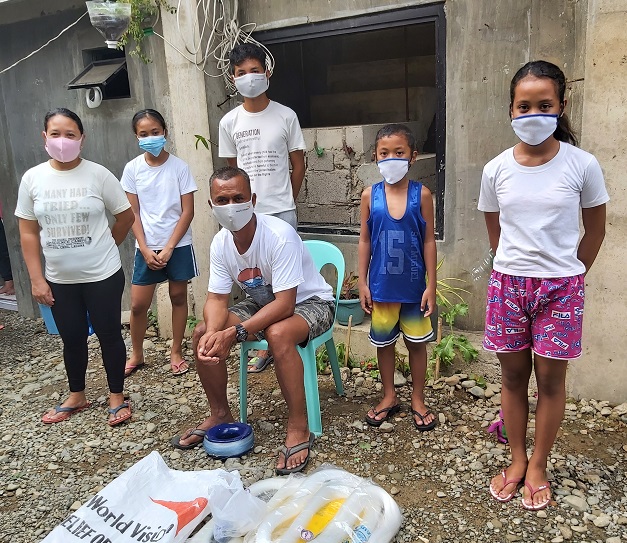
Amado’s four school-age children rely on him. His wife, Mary Jane, doesn’t have work.
His 18-year-old son, Joshua, admits he wanted to come with his father to the sea. “But father wouldn’t allow —”
“I don’t want them to grow up liking this job because it is difficult. I want them to have a different life,” Amado cuts in.
Joshua admits dreaming of becoming an agriculturist someday. “So, I could manage a farm,” he says.
Fishing in the Pacific Ocean demands staying on the ocean for 4 to 5 days. Fishermen would sail in groups with four or five members, leave on a Monday and return home Thursday afternoon or Friday morning.
“We spend on these ‘trips’. We budget around Php8,000 for fuel and food per team,” Amado says.
To eases Amado’s financial burden of repairing or buying fishing tools, World Vision provides him with nylons, hooks and GPS. “At least, we will not be buying these tools for 3 to 4 months,” he says.
A fisherman would usually spend Php1,500 for hooks, nylon and bait. Fishing tools were provided to 450 fishermen in Catanduanes.
“I don’t have to worry about buying these tools. I probably buy food. That’s what we need most,” Amado says.
Report and photos by Renato Salas | World Vision




